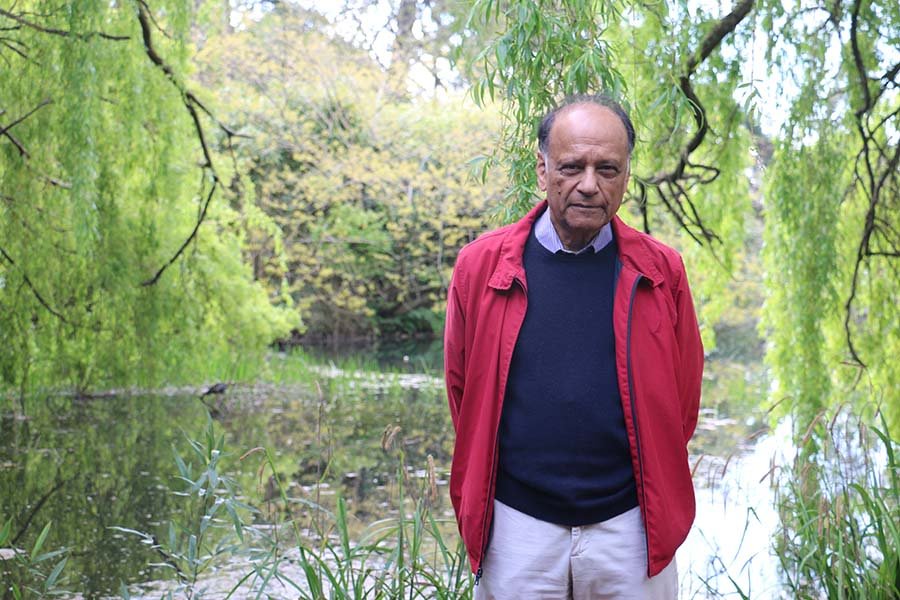
Dasgupta Review: Nature’s value must be at the heart of economics.
Nature is considered as non-relevant to economics. This can no longer happen if we are to create a sustainable future for ourselves and our kids.
Professor Sir Partha Dasgupta of the University of Cambridge’s scathing review of our effects of biodiversity talks about how we need to merge economics and biodiversity in order to be sustainable.
The assessment came after the UK treasury requested it in 2019, and was released ahead of the “Convention on Biological Diversity” in China. It is anticipated to help set the agenda for the UK Government’s 25-year environment strategy.
Professor Sir Partha Dasgupta describes nature as “our most valuable asset” in the long-awaited Review, which concludes that mankind has collectively mismanaged its “global portfolio”: our demands greatly exceed Nature’s capacity to deliver “goods and services” that we all rely on.
The Review points out that the previous few decades of human progress have taken a “devastating” ecological toll, with recent estimates suggesting that we would require 1.6 Earths to preserve humanity’s current way of life.
The Review also claims that the Gross Domestic Product (GDP) is no longer adequate for assessing a country’s economic health. GDP, according to Dasgupta, is “based on a flawed application of economics” that ignores “depreciation of assets” such as biosphere degradation.
“My overarching aim is the reconstruction of economics to include Nature as an ingredient,” said Dasgupta, the Frank Ramsey Emeritus Professor of Economics at Cambridge and Fellow of St John’s College.
“Truly sustainable economic growth and development means recognising that our long-term prosperity relies on rebalancing our demand of Nature’s goods and services with its capacity to supply them.”
According to Dasgupta, sustainable economics entails adopting a different metric than GDP. “It also means accounting fully for the impact of our interactions with Nature across all levels of society. COVID-19 has shown us what can happen when we don’t do this.”
If we continue to encroach on natural ecosystems, the pandemic – most likely sparked by a zoonotic illness crossing species barriers – might be “only the tip of the iceberg,” according to the Review.
The Dasgupta Review, according to Prime Minister Boris Johnson, demonstrates that “protecting and improving nature takes more than good intentions — it demands deliberate, coordinated action.”
“This year is critical in determining whether we can stop and reverse the concerning trend of fast-declining biodiversity,” Johnson said.


